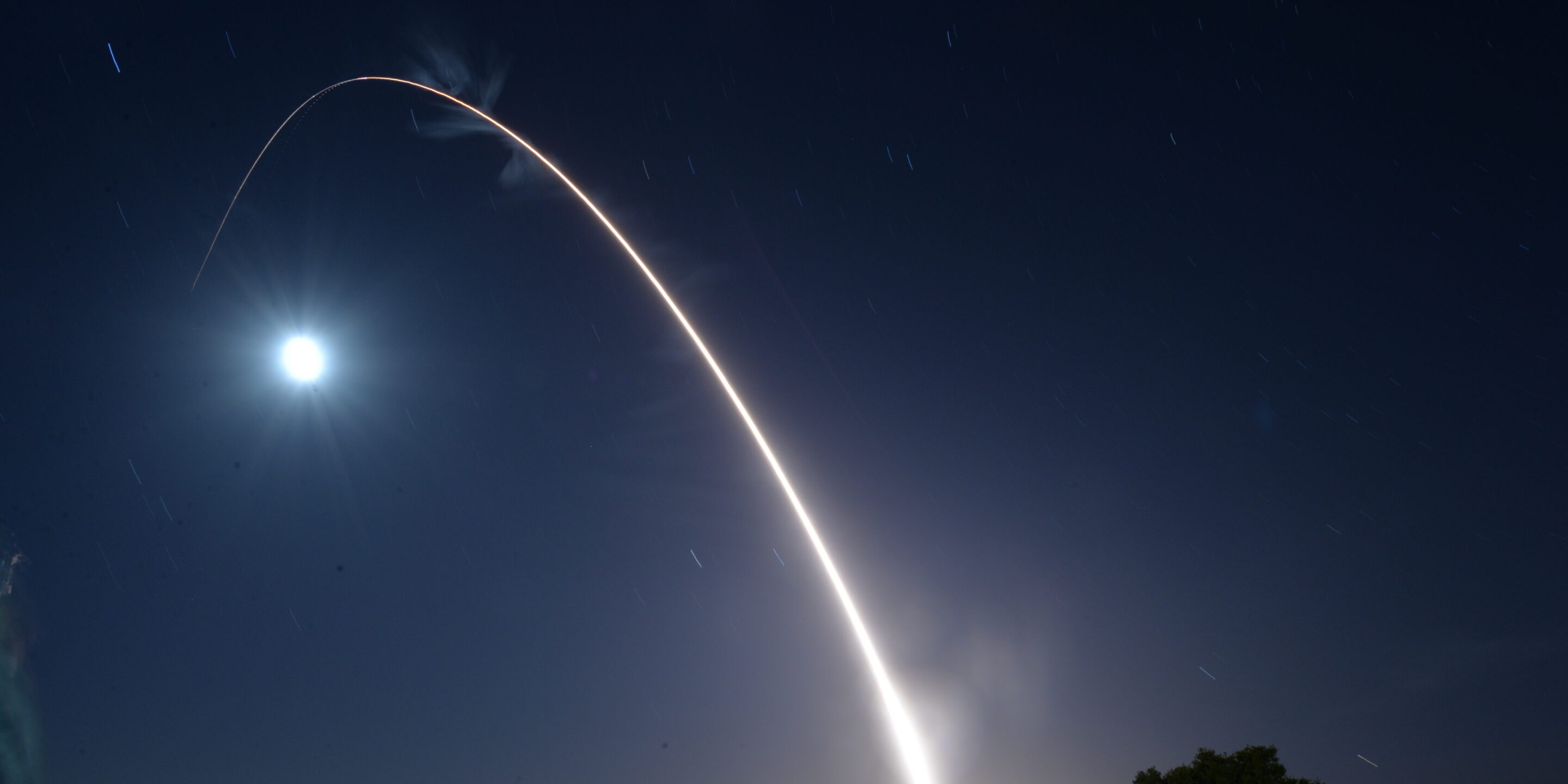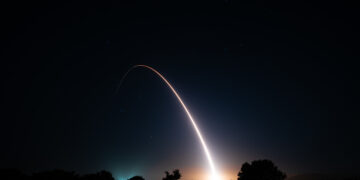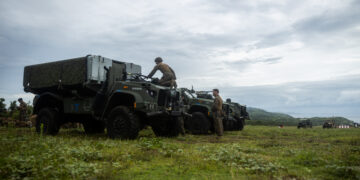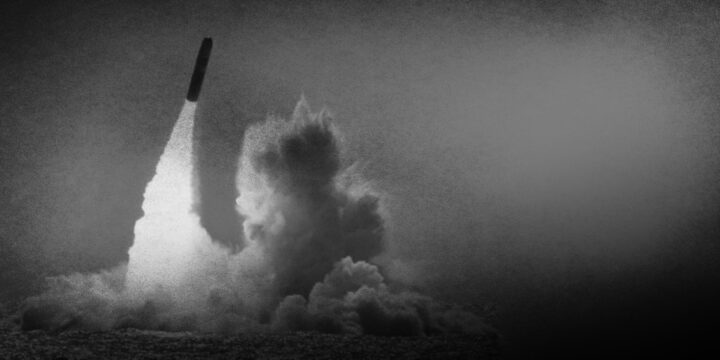September 3, 2024
Is nuclear arms control dead?

There was a time when the subject of nuclear weapons was so consequential to international peace that it could bring even the most intense adversaries into the same room. Increasingly, it feels that this time has passed.
On July 17, China announced that it was suspending arms control talks with Washington, which will cause only more consternation in the Pentagon as Beijing is projected to increase its nuclear arsenal to more than 1,000 warheads by 2030. U.S.-Russia arms control talks are as far off as they’ve ever been, with Russian officials threatening to deploy more nuclear missiles closer to NATO territory in retaliation for future U.S. deployments of long-range, ground-launched missiles into Germany.
Meanwhile, President Joe Biden’s administration has adopted new nuclear guidance to ensure Washington is better prepared to deal with nuclear adversaries Russia, China and North Korea simultaneously.
U.S. attempts to name and shame China and Russia to reenter arms control talks amount to theater. Deploying more intermediate-range missile systems to Europe or Asia is likely to compel China and Russia to pour even more resources into their own strategic weapons systems.
More on Asia

Featuring Jennifer Kavanagh
August 20, 2025
Featuring Lyle Goldstein
August 16, 2025

Featuring Lyle Goldstein
August 10, 2025

By Mike Sweeney
August 6, 2025

Featuring Dan Caldwell
August 5, 2025




